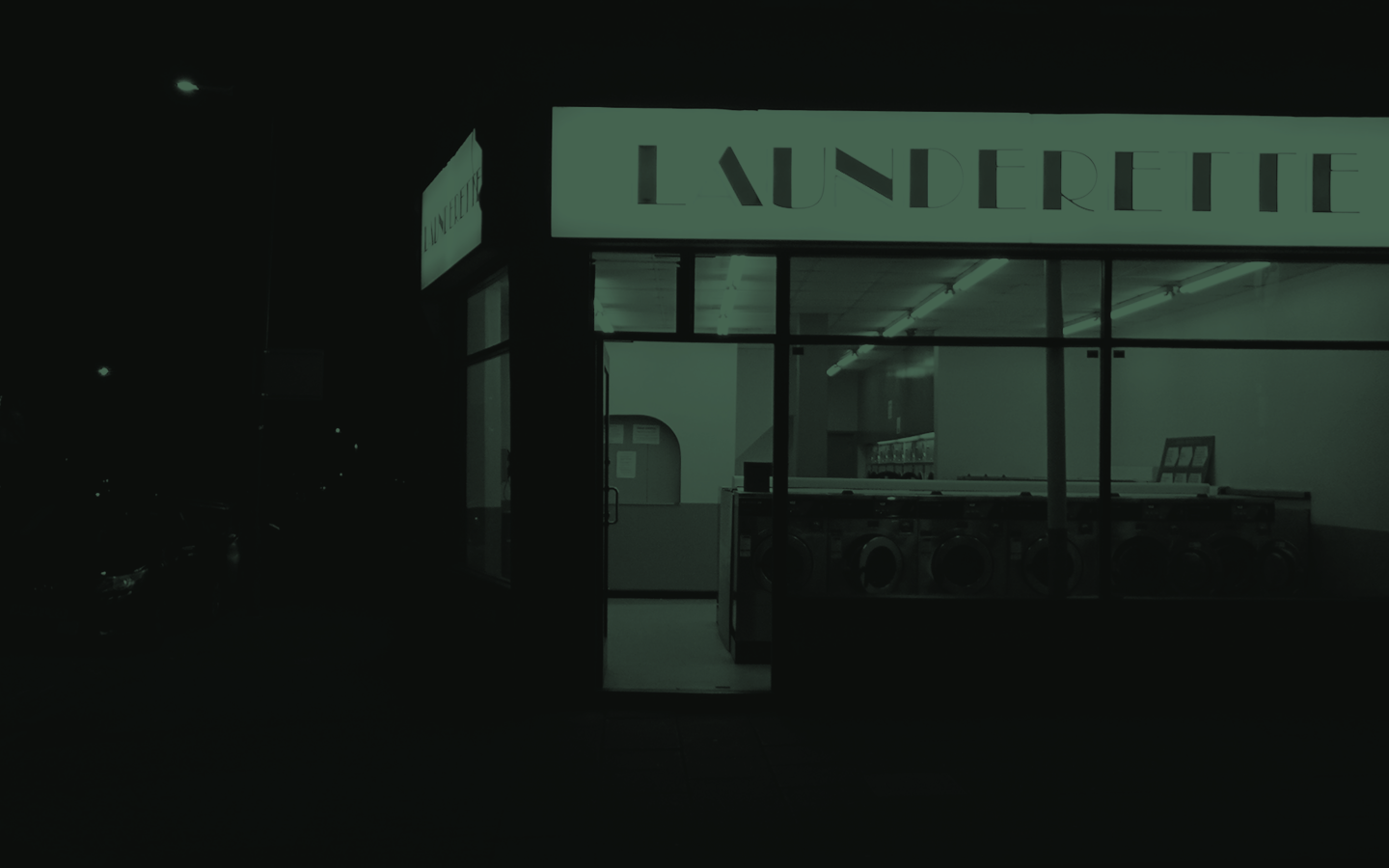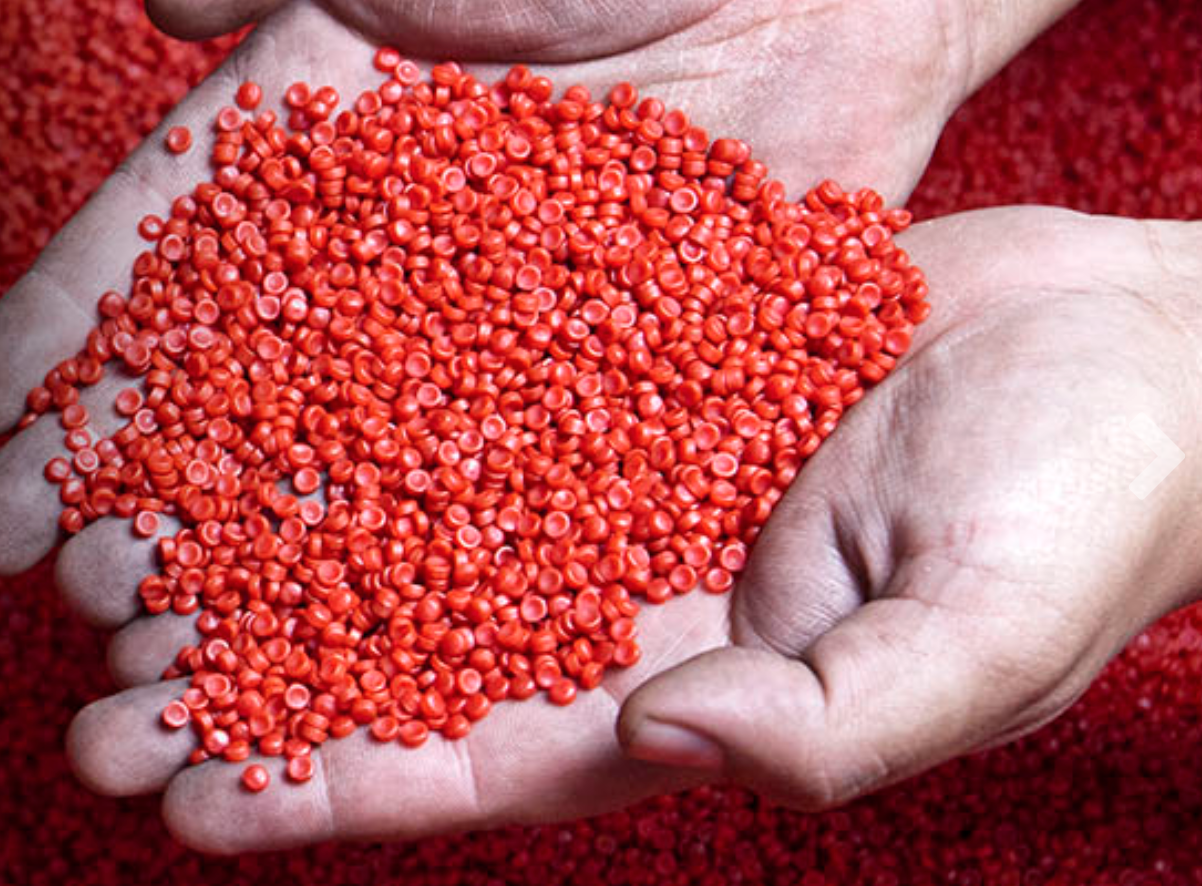
See What
Comes Out
In The Wash
Operation Clean Sweep
According to the Surfrider Foundation, each year, over 160,000 tons of plastic pellets are "lost" by the industry in the European Union. Globally, more than 230,000 tons end up in aquatic environments due to malfunctions and/or bad practices, where they are spilled at each stage along the plastic value chain. Yet, for over 12 years, despite continuing to produce more and more plastics, the industry has only been able to offer a voluntary, false solution: Operation Clean Sweep (OCS).

Operation Clean Sweep started as a US initiative but by 2019 participation in OCS supposedly became compulsory for PlasticsEurope members. Despite this, a closer look reveals that not all PlasticsEurope members are in fact participants of the scheme. Overall, out of almost 52,000 companies in the European plastics industry, only 3.38% (1,760) are OCS signatories. In other words, far from being compulsory, polluters can still opt out of the initiative, and even for those that became part of it the lack of concrete reduction targets, or even auditing and transparency means they can largely carry on with business as usual.
When questioned about the lack of transparency of the OCS, the industry responded that “the content of the audit report is confidential.”
Why is it greenwash? To a casual viewer or even a policymaker, this initiative makes it seem like the industry has plastic pellet pollution under control. It’s only when you delve deeper you see it’s a tactic to avoid scrutiny and prevent legislative action on the issue, all the while the industry ramps up plastic production to unprecedented levels.
False solution